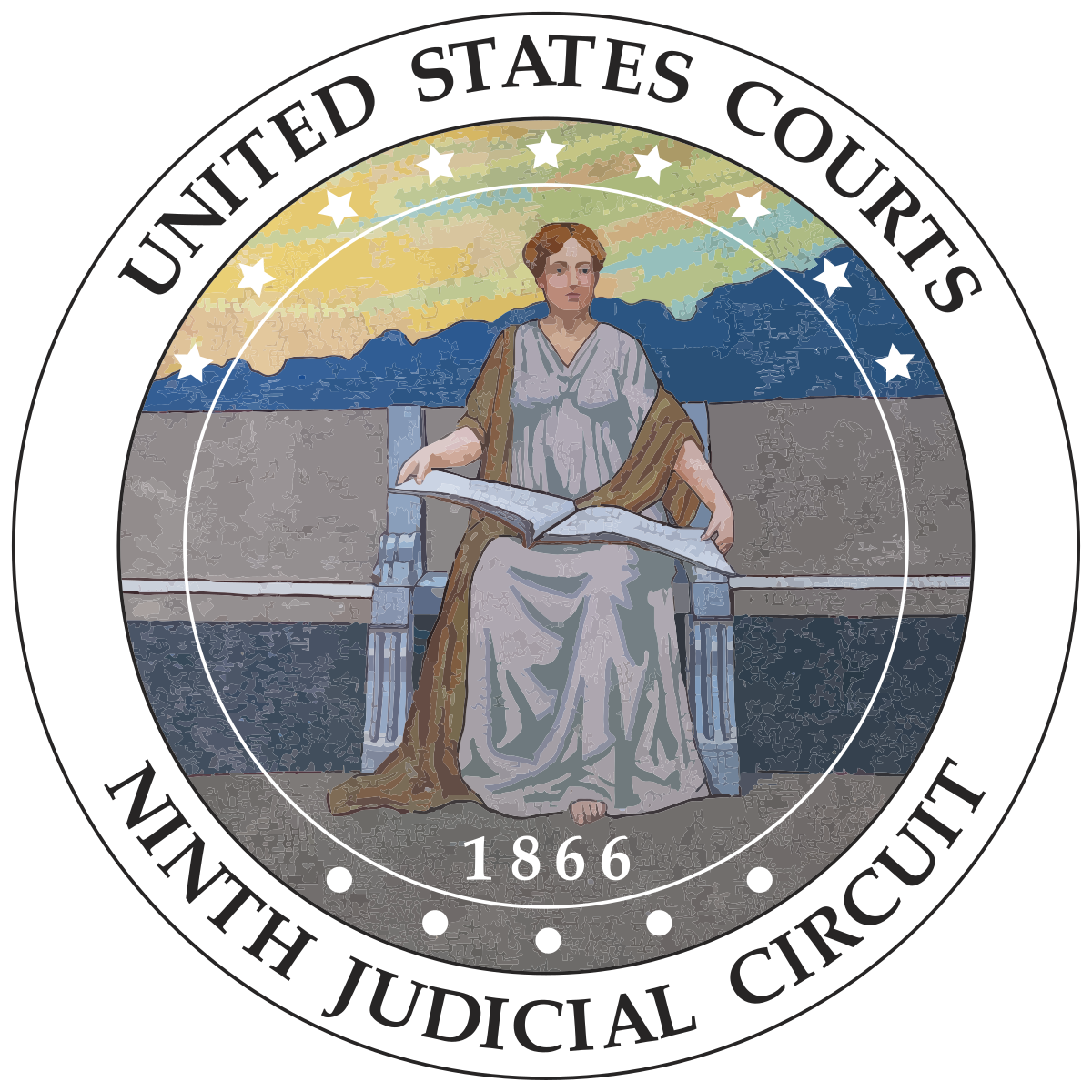Originally published on Forbes.com.
Generally, it would seem that having an RV considered a dwelling for income tax purposes would be a good deal. That classification would allow you to deduct the acquisition interest as residence interest. It was not a good result for Dellward and Judith Jackson, though. I covered the Tax Court decision in their case over two years ago. The problem was Code Section 280A which denies business deduction for a dwelling unit which is used by the taxpayers as a residence.
The Jacksons made a really good case that attendance at RV rallies was an integral part of their insurance business which involved the sale of policies tailored to RVs. Any personal use, even watching some TV would count against them as a personal use day causing them to break the fourteen-day limit. My own speculation was that perhaps if they had gotten rid of the kitchen appliances, they might have moved the RV out of the dwelling unit definition, but I’m not sure that would have worked.
We are back on the case because they appealed. And the new was not good. The Ninth Circuit upheld the Tax Court in a decision released last week. It was a pretty brief decision.
1. Petitioners’ RV-related deductions are precluded by 26 U.S.C. § 280A, which provides that “no deduction … shall be allowed with respect to the use of a dwelling unit which is used by the taxpayer during the taxable year as a residence.” A “dwelling unit” is defined as “a house, apartment, condominium, mobile home, boat, or similar property.” Id. § 280A(f)(1)(A). Petitioners’ RV is “similar property” within the statute’s residual category. See, e.g. , Haberkorn v. Comm’r, 75 T.C. 259, 260 (1980) (holding that a “mini-motorhome” is a dwelling unit under § 280A(f)(1)(A)).
“ taxpayer uses a dwelling unit during the taxable year as a residence if he uses such unit (or portion thereof) for personal purposes for a number of days which exceeds … 14 days.” 26 U.S.C. § 280A(d)(1)(A). The statute counts “us a dwelling unit for personal purposes for a day” as when, “for any part of such day, the unit is used … for personal purposes by the taxpayer.” Id. § 280A(d)(2)(A). The Tax Court did not clearly err in finding that Petitioners used their RV for “personal purposes” for “more than 14 days” in 2006 and 2007. The Tax Court also did not clearly err in finding § 280A(c)(1)(B) inapplicable, because that provision permits a deduction only when it “is allocable to a portion of the dwelling unit which is exclusively used on a regular basis” as the taxpayer’s “principal place of business” or by “clients … in meeting or dealing with the taxpayer.” Id. § 280A(c)(1)(A), (B) (emphasis added).
2. In certain underpayment situations, the Tax Code imposes an accuracy-related penalty “equal to 20 percent of the portion of the underpayment to which this section applies.” 26 U.S.C. § 6662(a). One such situation is “ny substantial understatement of income tax,” id. § 6662(b)(2), defined as exceeding the greater of (1) $5,000, or (2) an understatement equal to “10 percent of the tax required to be shown on the return,” id. § 6662(d)(1)(A). The Tax Court did not clearly err in finding that Petitioners’ understatements for 2006 and 2007 exceeded $5,000, which was greater than 10% of the tax required to be shown.
Because the Tax Court concluded that Petitioners did not produce sufficient evidence that they acted with reasonable cause and in good faith, the court also did not err in concluding that Petitioners are ineligible for the defense to accuracy-related penalties set forth in 26 U.S.C. § 6664(c)(1).
I thought that the penalty was overkill in this case, but apparently they had not done enough work in defending against it and that is the end of the story. There is something very odd though. There was a dissent. Judge Carlos Lucero, who was pitching in from the Tenth Circuit, thought they should have been allowed the deduction.
I join in most of the dispositional memorandum of my colleagues but dissent as to the Jacksons’ liability for the 2007 tax year. Because the use of the recreational vehicle was an indispensable requirement for the sale of insurance, and any “personal use” of the recreational vehicle in 2007 was purely incidental to that business use, I would allow the Jacksons’ deductions for that year.
It seems to me that convincing an appellate court judge means that there was a reasonable basis for the deduction which should let them off on the penalty. But no such luck.































































































